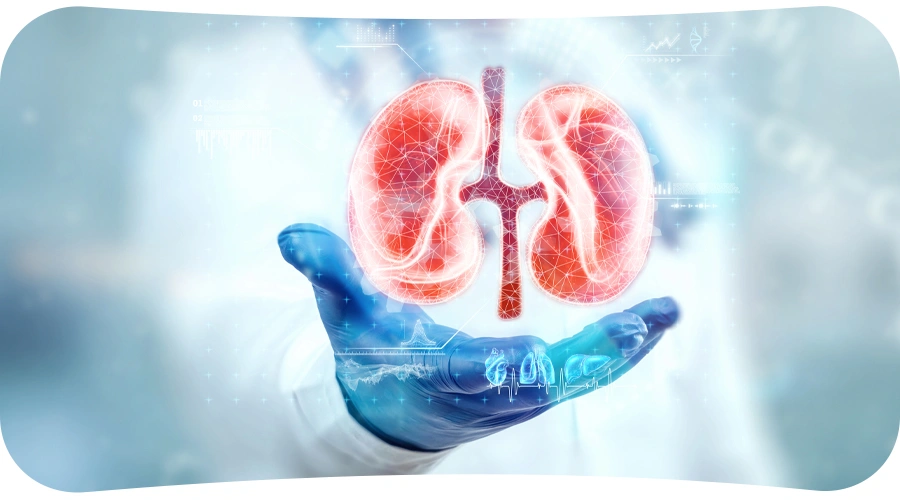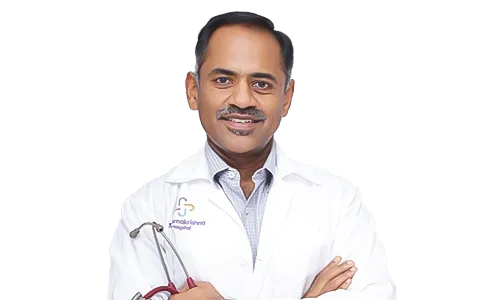
Economic Development and Kidney Diseases. Time To Re-Prioritize
Post globalization, particularly in the last 3 decades, there has been tremendous economic growth all over the world. Economic development has been very robust not only in high income countries, but also in mid & low income countries with sequentially increasing GDP(Gross domestic product). Paralleling increase in literacy rates, the number of doctors per 1000 population has increased significantly, particularly in mid & low income countries. Health care spending has increased as a percentage of total expenditure. But out-of pocket spending in seen in low & mid income countries, whereas people living in high income countries are covered with insurance. On the disease front, what was once known as “disease of plenty/elite”, life style disease like Diabetes mellitus, Hypertension, Obesity is now prevalent across all strata of society and all age groups.
The prevalence of Chronic Kidney diseases, between 14-40%, is on the rise. Approximately 1/3rd of US population is expected to have CKD secondary to diabetes & hypertension. Mortality, morbidity, Disability adjusted life years(DALY) secondary to CKD in steadily increasing, with CKD being the 12th leading cause of death. And this paradox of increase in disease prevalence despite increasing health care spending is because major chunk of spending goes in treating kidney diseases with very meagre allocation towards prevention.
When one has to spend money from pocket on a monthly basis for chronic dieases like CKD, it causes huge burden on the family. Not only the household income reduces because of loss of work, expenditure also increases due to medications & procedures. This results in foregoing medications or discontinuing dialysis treatments.
This calls for re-prioritization of our spending with more allocation towards prevention of kidney diseases than treating them, particularly in low & mid income countries where out-of pocket spending is more. More focus should be on prevention(diet, life-style changes, periodic check ups), cost-effective strategies (RAS inhibitors, control of sugar/blood pressure), counselling & proper preparation for dialysis, transplantation where possible, comprehensive conservative care for frail & elderly. With coronavirus pandemic disrupting the advances in health care & savings, government & health agencies should design a system to direct funds to appropriate causes & limit out-of pocket expenses. Being healthy is more of a journey than a destination & the journey is prolonged like a marathon unlike a sprint.
Meet the Doctor

Dr. Madhu Shankar Gunasekaran
Consultant Nephrologist, Renal transplant physician and hypertension specialist
